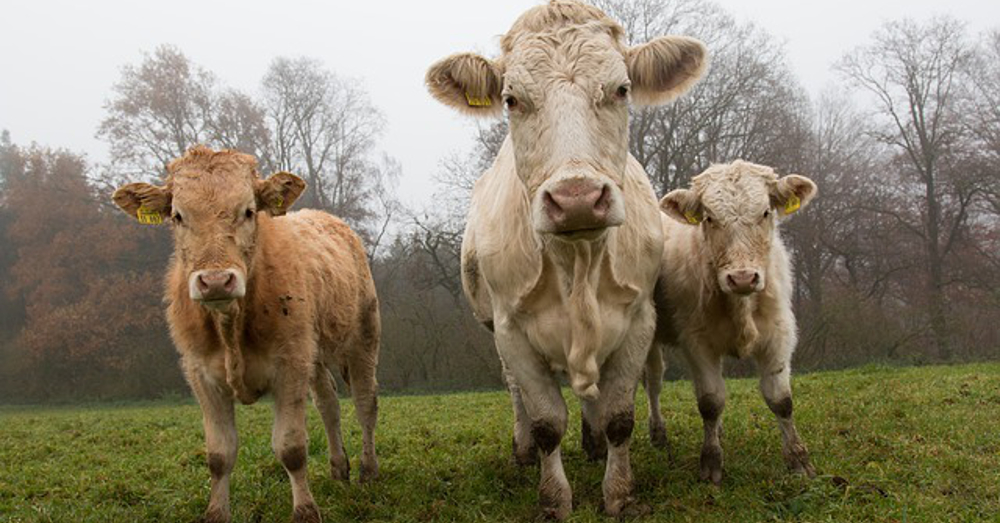
Tax Carbon, Not Meat, to Tackle Agricultural Emissions
The idea of applying a tax on meat has recently received a lot of attention, both in Canada and internationally. However, the leading proponents of taxing meat make some big assumptions about all meat being “bad” for the climate. By digging into the complexities of livestock production, we can find plenty of reasons why a general tax on meat could in fact yield the opposite of the intended climate change mitigation. A much more appropriate and equitable way to confront greenhouse gas (GHG) emissions in the agricultural sector is to tax carbon: specifically, carbon equivalents from fossil fuels used for transportation and production.
January 25, 2017 | Source: Policy Options | by Ryan Katz-Rosene
A meat tax would unfairly punish responsible farmers and would not get to the root of the emissions problem – fossil fuels.
The idea of applying a tax on meat has recently received a lot of attention, both in Canada and internationally. However, the leading proponents of taxing meat make some big assumptions about all meat being “bad” for the climate. By digging into the complexities of livestock production, we can find plenty of reasons why a general tax on meat could in fact yield the opposite of the intended climate change mitigation. A much more appropriate and equitable way to confront greenhouse gas (GHG) emissions in the agricultural sector is to tax carbon: specifically, carbon equivalents from fossil fuels used for transportation and production.
As anyone who has tasted local, organic, grass-fed beef knows, there is a world of difference between that and the kind of beef you might find at a fast food joint. Just about everything about these two types of meat is different, including the price (the organic beef will likely be more expensive), the taste (although we can never say definitively which tastes “better” since taste is subjective), the nutritional value (the evidence says grass-fed beef is healthier) and the economic impact (the locally produced meat recirculates more cash back into the regional economy). Even the feeling you get after eating organic beef is different, relating to the overall quality, probable portion size and the sense that you are not consuming food laden with hormones, antibiotics and a large environmental footprint.
These differences stem from the wide variety of ways in which livestock are managed. The differences between industrial, “extensive” and “agro-ecological” practices are immense. In contrast to intensive industrial farms, extensive systems use fewer resources and have a smaller yield relative to the amount of land used. The farming area can be much larger than that used for industrial farms. Agro-ecological systems take an ecosystemic view of agricultural landscapes, and thereby strive for a level of management intensity which reproduces natural processes such as nutrient cycling, population regulation and energy flows.
